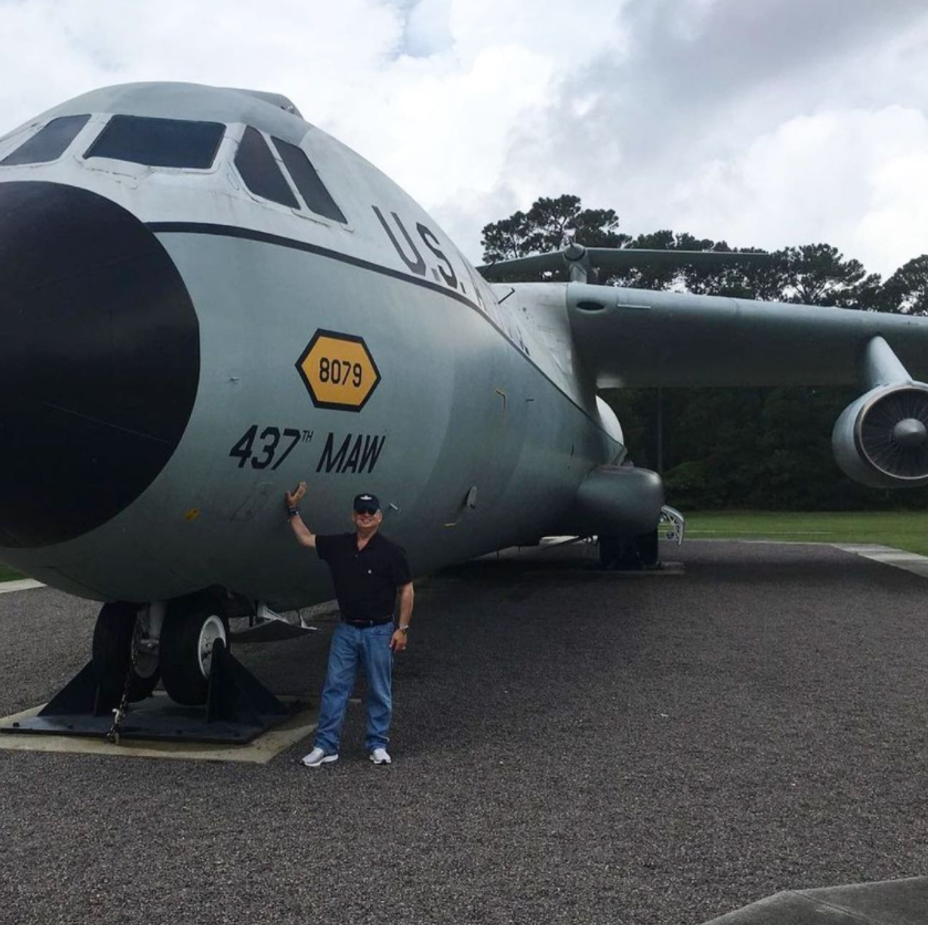Question: What does my previous job in aviation have to do with recovering from a devastating trauma? Well, it’s actually quite interesting.
Being part of a flight crew in my career in the aviation industry isn’t really about what seat you sit in to move an aircraft safely from one place to another. It’s about your teamwork, situational awareness, how you communicate effectively with others, the willingness to always learn more, thinking ahead and from many different angles, being an optimist and never giving up despite all the odds that might be mounting against you, and most of all, how to stay alive no matter what threats stand before you.
When I think about communicating my restrictions for instance and how I might need help reducing them, my thoughts instantly went to how I would articulate and build a picture in the other person’s mind much as I would do if I were speaking on a radio in the airplane. Imagine while you’re flying over a foreign country that you’re talking to someone you can’t see and their country‘s language is different from your own. Now think about talking in detail in the fewest words possible that are absolutely matter of fact as you speak to that Air Traffic Controller. Doing that successfully in an airplane for years made it much easier years later with my disability and speaking to a therapist standing in front of me. If I can speak in a language that you anticipate then we can work more effectively and avoid assumptions. This also helps you feel like your getting somewhere in your recovery efforts and less like your stuck in a holding pattern. Something else that’s positive and comes from learning to speak in your therapist’s language, like anatomy for instance, is that it gives you something beneficially new to learn which positively occupies your time when you’re not in therapy.
#Warrior #innerstrength #fighter #SoldersMentality #AirForceVet #ProgressIsProgress #DisabledLivesMatter #StrokeSurvivorsNeverQuit #AneurysmSurvivorsNeverQuit #Finding_Forward

